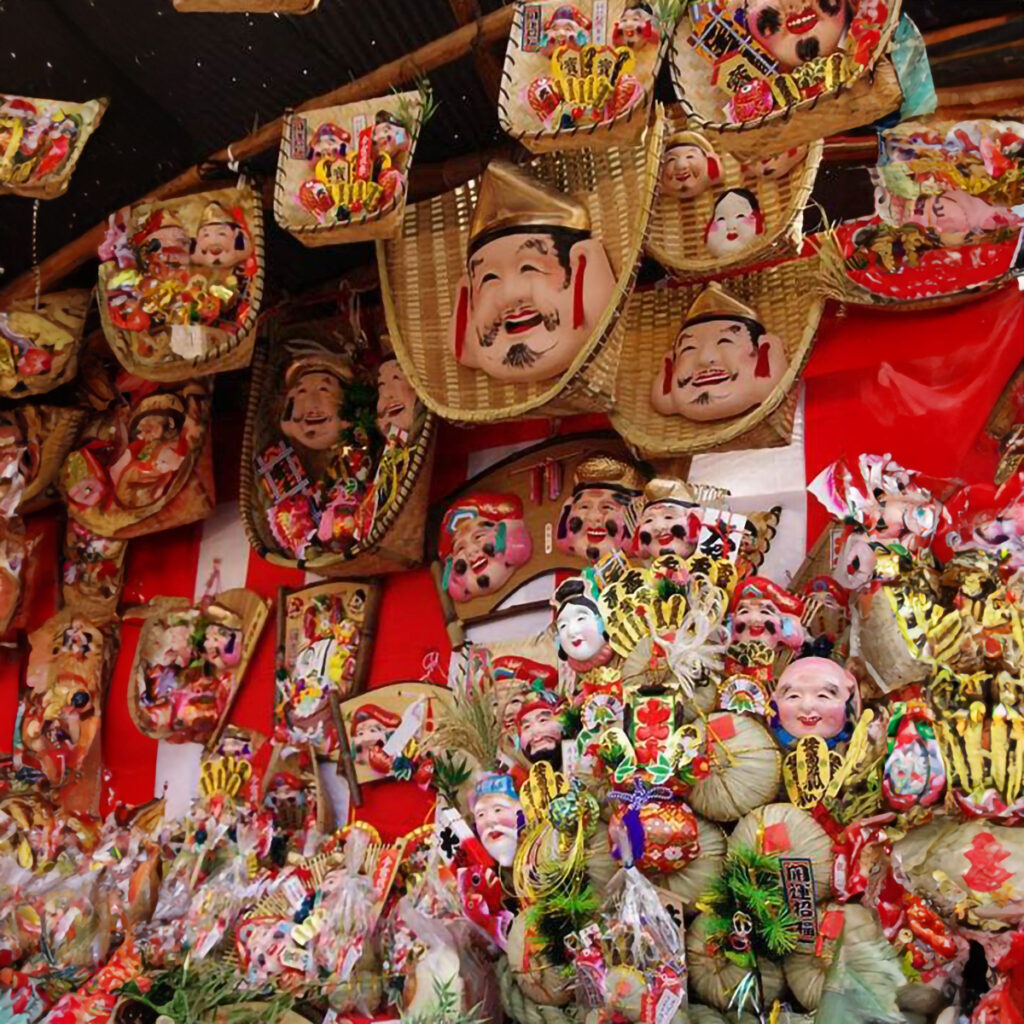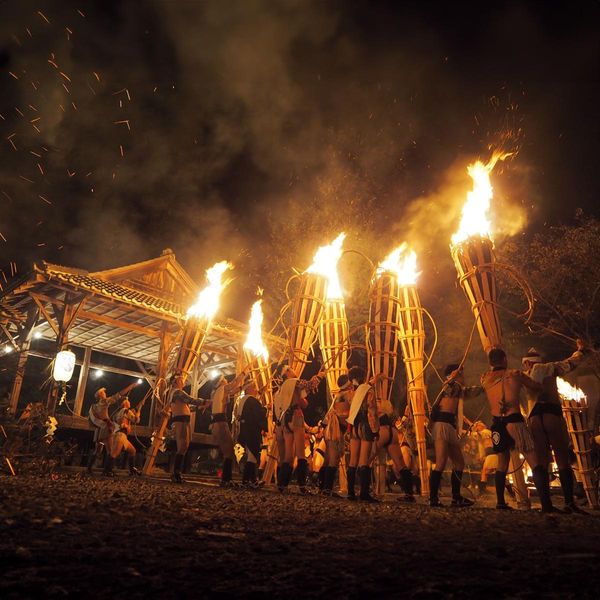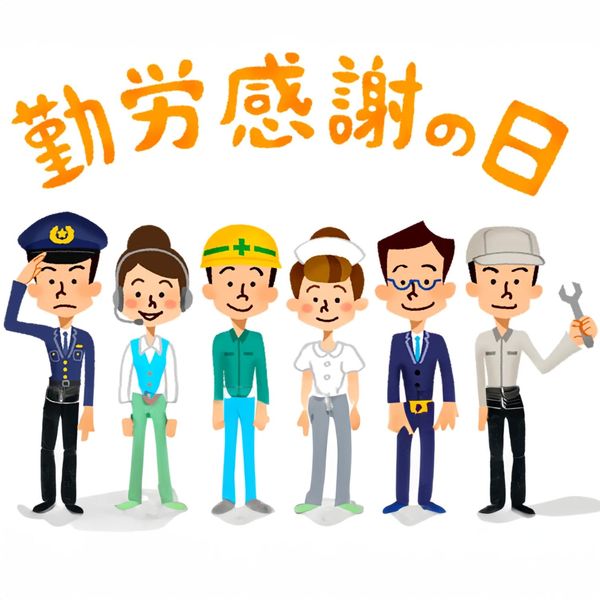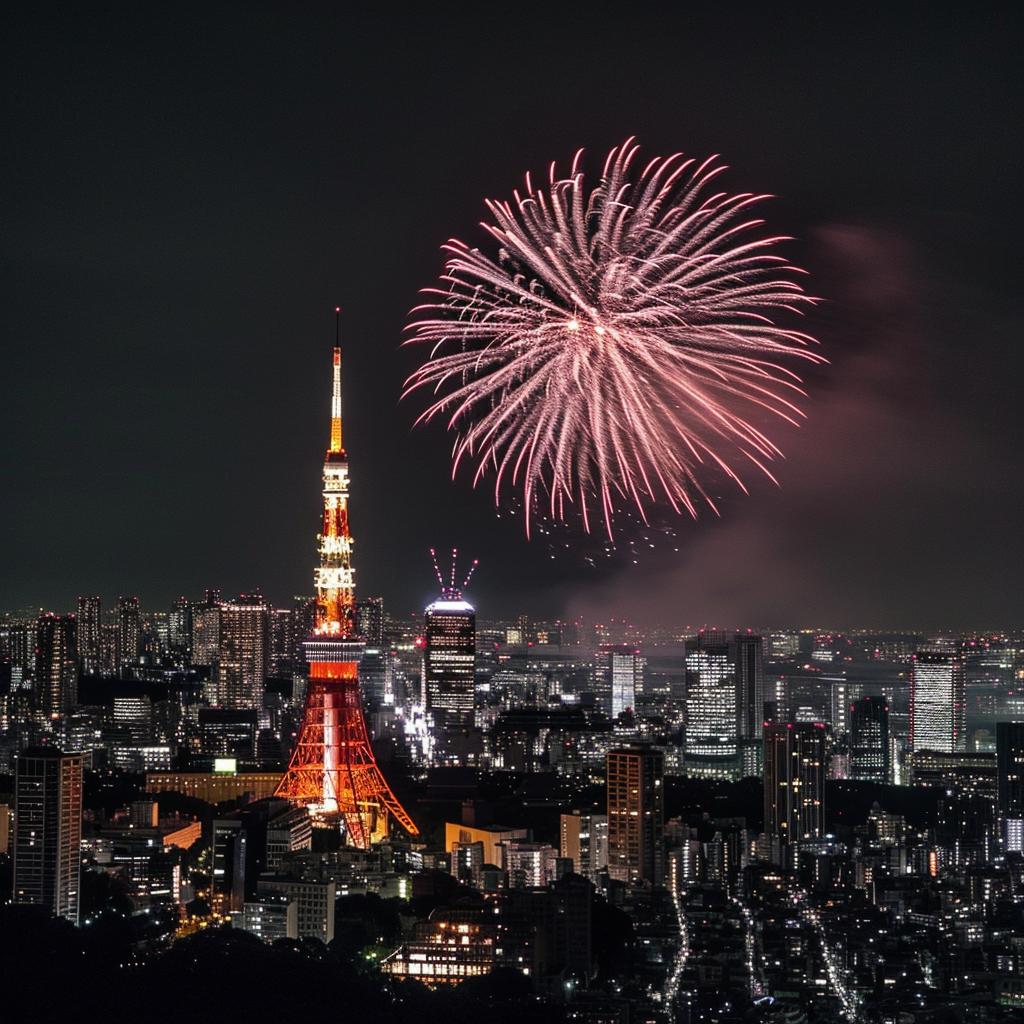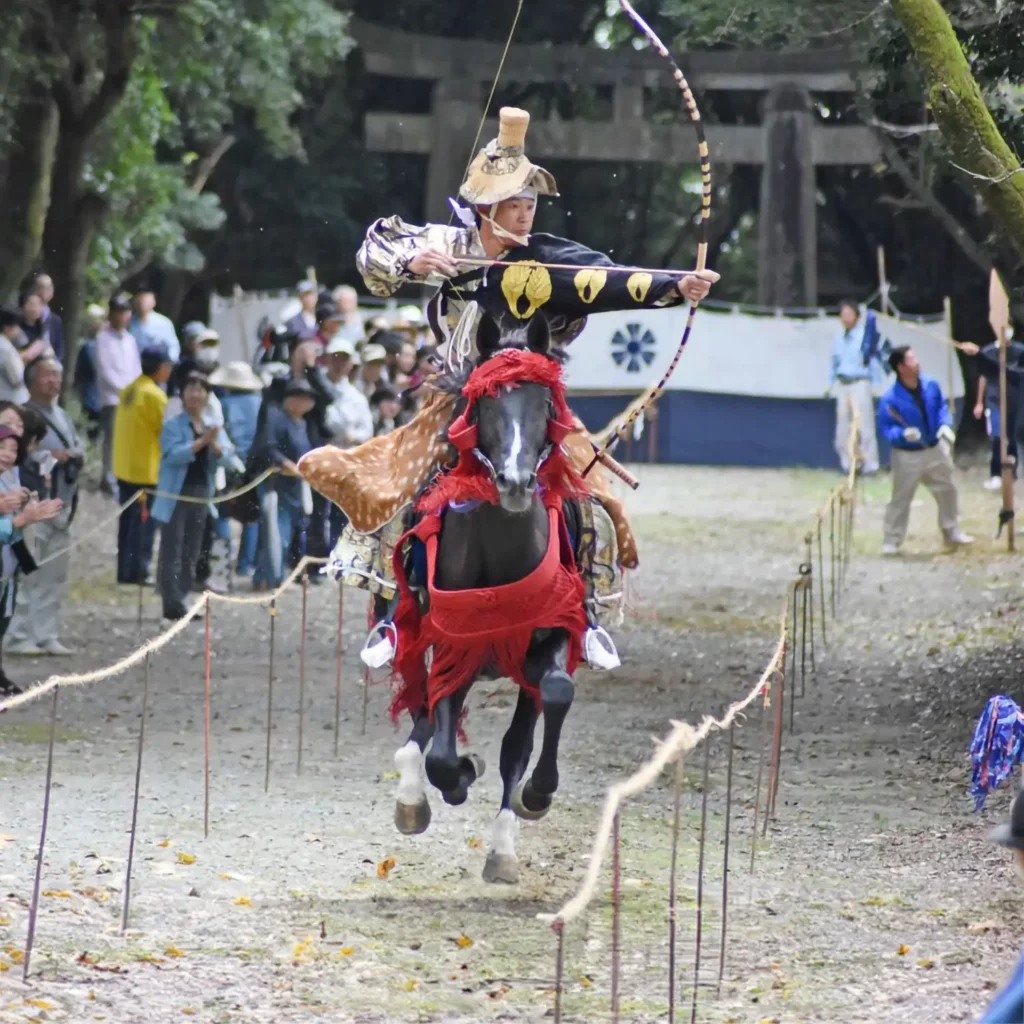Ebisu Festival, or Toka Ebisu, is an annual celebration held in Osaka, Japan. It celebrates the god Ebisu, a Shinto deity associated with commercial prosperity, fishing and good fortune. Thus, this festival, which takes place from January 9 to 11, is a lively and colorful event. It attracts enthusiastic crowds seeking blessings and success.
Historical Origins of the Ebisu Festival in Osaka
The Ebisu Festival has deep roots in Osaka’s history, dating back to the Edo period (1603-1868). In fact, it was established to appease the spirits and ensure the prosperity of local traders and fishermen. Since then, it has become a tradition rooted in Osakian culture.
Rituals and Ceremonies
First, the festivities begin with an opening ceremony at the Imamiya Ebisu Shrine, located in the Osaka district. Then, participants go to the shrine to buy “fukusasa,” bamboo decorated with lucky notes called “rikishi,” symbols of prosperity and happiness. The Japanese then place these fukusasa at the shrine altar, where the priests bless them.
Commerce and Prosperity
Ebisu is particularly revered as the god of merchants and fishermen, and the Ebisu Festival attracts many traders and businessmen who wish to obtain divine favor for a prosperous year. Visitors also hope to obtain “kaiten-nage,” special coins thrown by priests, considered good luck.
Fukusasa Procession and Animated Parade
The highlight of the festival is the fukusasa procession, where thousands of participants parade through the streets of Osaka with these ornate bamboos. Then, the parade is accompanied by festive dancing, traditional music and the joyful energy of the crowd. The streets come alive with stalls selling a variety of goods, from local treats to lucky items.
Street Food and Festivities
The Ebisu Festival is also an opportunity to taste culinary specialties from Osaka. The streets are lined with stalls selling takoyaki (octopus balls), okonomiyaki (Japanese pancakes), and other local delicacies. Visitors can enjoy themselves while taking part in the lively celebrations.
Tradition and Modernity of the Ebisu Festival in Osaka
Although the Ebisu Festival retains its traditional aspects, it also adapts to modernity. Contemporary entertainment elements, such as artistic performances and animations, add to the experience, attracting a wide audience, from families to younger generations.
Osaka’s Ebisu Festival embodies the richness of local culture, blending tradition and modernity in a vibrant celebration of prosperity, good fortune and thriving trade. For Osaka residents and visitors, this holiday offers a unique opportunity to participate in an authentic cultural experience while celebrating the diversity and vitality of the city.

